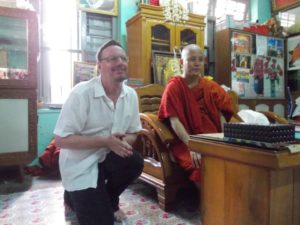
“Unbelief” or: How I Learned to Stop Worrying and Love Imprecise Terminology
Author’s cat providing pictorial representation of “‘Unbelief’: comfortable enough for now, probably need to move away from it eventually”
For the past few years, the term “unbelief” has made me academically disquieted in a way I’ve never quite been able to place.



